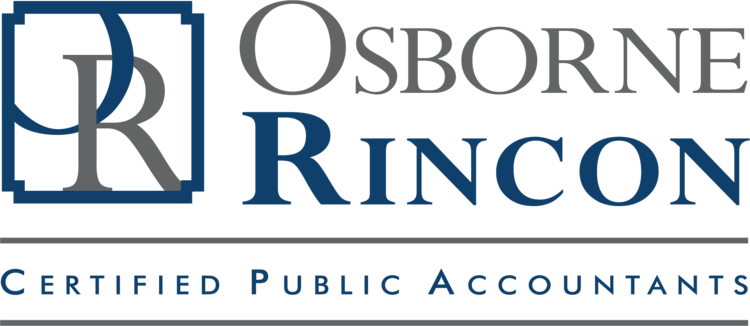By: Lee Osborne, CPA, Partner
Currently in the Senate Finance Committee, they are looking to extend certain tax laws that expired at the end of 2013. The Senate Chairman, Ron Wyden has stated that this is the last time these laws are to be extended and has thus call this bill the Expire Act.
There are numerous items for both individual tax law as well as corporate. Some of these are more useful than others.
Some of the more prevalent items for business include:
- The Research and experimentation credit, otherwise known as the "Please audit me", provision is to be extended through Jan. 1, 2016.
- The Work Opportunity tax credit.
- The 15 year straight line depreciation for qualified leasehold improvements.
- The 50% bonus depreciation for years 2014 through 2016.
- The IRC section 179 expensing of purchased equipment to stay at $500,000 for 2014.
For the Individual tax laws we have:
- The 100% gain exclusion on the sale of small business stock.
- The $250 deduction for certain expenses of elementary and secondary teachers. (Have you ever met a teacher that only spent $250 to help their students?)
- The exclusion of up to $2 million on discharged principal residence indebtedness from gross income.
- The deduction of mortgage insurance premiums.
- The deduction of state and local sales taxes.
- The tax-free distributions from IRA's of taxpayers age 70 ½ or older for charitable purposes.
From the individual items stated, one thing to keep in mind for 2014 and the future, is that under the current tax law, your schedule A itemized deductions will be reduced based on your Adjusted Gross Income. So some of the items, such as the IRA distribution for charitable purposes, would reduce your Adjusted Gross Income and make a big difference in your allowable itemized deductions.
It is believed that if the Democrat controlled Senate does pass these extended provisions, the Republican controlled House is likely to pass them as well. Tax law is more and more politically motivated and thus more short term and ever changing. As we sit here today, it is next to impossible to do long-term tax planning. With the maximum tax rate here in California of 60% for both federal and state, how long should you plan on this? If you have assets with large capital gains, the current federal and state maximum rate is now close to 40%. Should you hold onto those assets and roll the dice on lower rates with the next administration or pay the 40% now? These are all reasons to meet with your CPA on a regular basis and plan what you can, while you can.
Lee Osborne is a Certified Public Accountant in La Quinta. He can be reached at (760) 777-9805 or losborne@orcpas.com.
